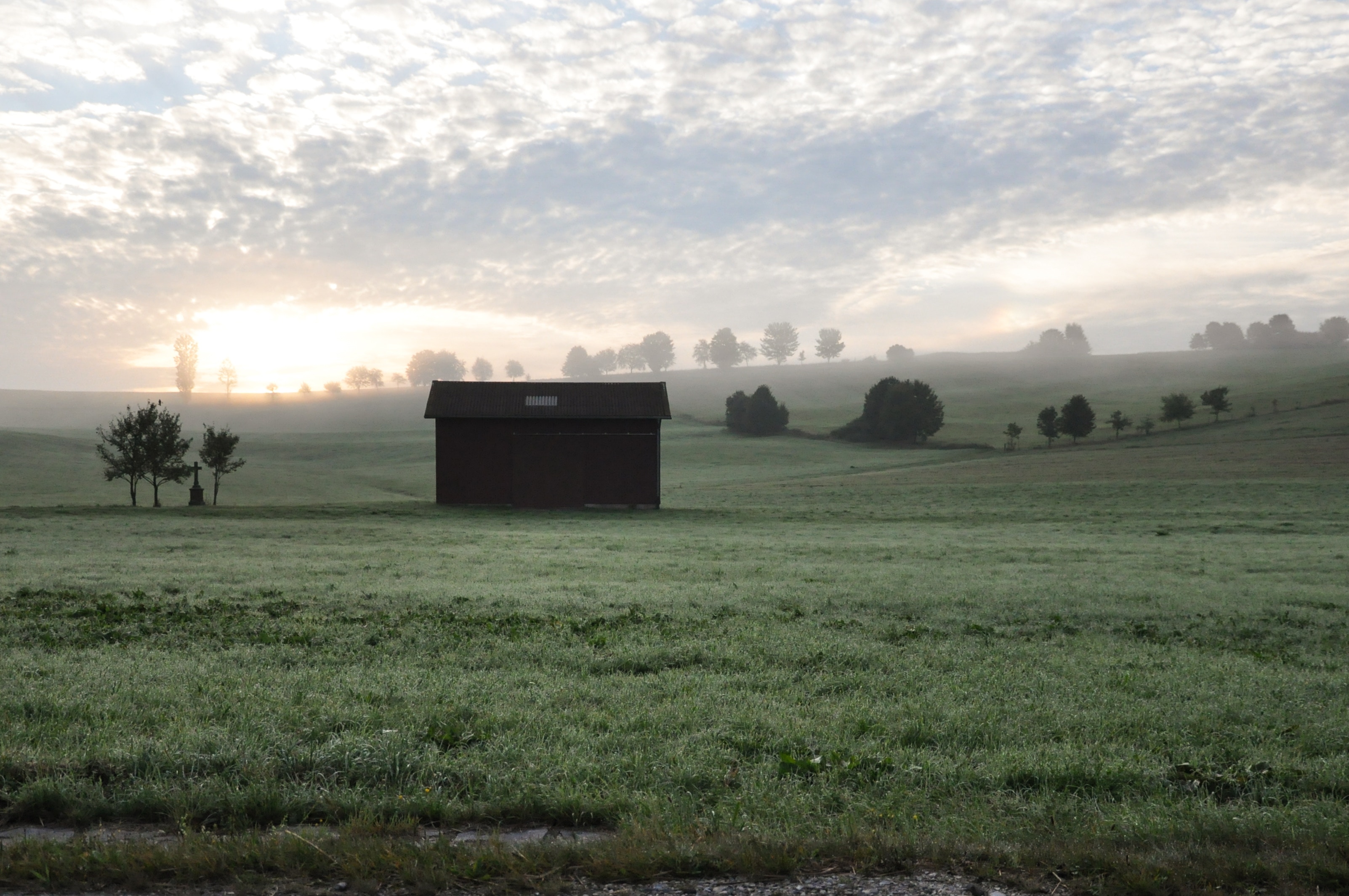Death on the Frontier
Posted by Marcus Yoder on 22nd Mar 2018

As a small boy growing up in our community, I often heard stories about the past. One of the most frequently told stories was about an incident that happened in 1757. As a boy, I supposed that the story had occurred in the woods behind our house. Such is the case with stories from the past. They often have an influence much greater than one realizes.I would shiver with fear as I hurried between house and barn after dark when I thought of the stories, and I was born 212 years after the story had occurred! That is the strength of collective memory as we recall the stories of our people. If I felt fear, imagine what a little child or even an adult would have felt in the 1750s as Indian attacks grew, and stories, some true, many not, were spread on the frontier.
While stories often collect strength and become legends as time passes by, what we know for certain is that, like in Europe, the Amish who settled in America had their faith tested during this time of war. This story is set in the context of the French and Indian War that was being fought between the British and French in the American colonies.The war had “spilled over” into America as these two European “superpowers” fought for power and domination in the world scene of that time.Indian tribes were often influenced to fight for one or the other of these powers and in that way the war was brought home to Berks County, Pennsylvania, and the small Amish community that had settled there. It was brought even nearer home to the Jacob Hochstetler family who had settled near the edge of the community. Jacob and his wife had emigrated to America from Europe and had cleared a homestead where they intended to clear the land and raise a family. In 1757 they lived in their small cabin with their three sons and one daughter. One daughter had already married and settled with her husband on their own farm.
What happened in the Hochstetler’s clearing early that morning is relatively well documented. Indian raids, instigated by the world conflict, increased on the fringes of the settlements along the frontier. In the pre-dawn hours of September 19 or 20, 1757, the Hochstetlers were attacked in their cabin by a small group of Indians. The senior Hochstetler forbade his sons to defend the family by using their hunting rifles.The family slipped into the small fruit cellar underneath the main part of the cabin, which had been set on fire.They used the cider stored there to keep the space from burning completely.
When the Hochstetlers thought that their attackers had left, they crawled out of the small window that gave some air and light to the space. Mrs. Hochstetler, because of her size, became stuck in the space. The Indians saw the commotion and returned, capturing the family.Mrs. Hochstetler, an injured son, and the only daughter were killed with tomahawk blows and scalped. Two other sons and Mr. Hochstetler were taken captive. Next month we will explore what happened with the three Hochstetler men as they were forced to live as captives with the Indians.
As we look back at the story from our vantage point, there are several things that become obvious. First, with the father and three sons it is quite possible that if they had chosen to, the Hochstetlers may have been able to hold their attackers at bay until help arrived. The band of Indians was far from their village and in hostile territory.It is not likely that they would have pressed their attack much after daylight. If that were the case, the Hochstetlers, like other frontier families, may have held on long enough to survive. What is it that caused Jacob to not only not shoot back at the Indians, but also to not allow his sons to do so? To not fight back or defend themselves is a part of the story of the past that people like the Hochstetlers would have heard about, or sung about at every Sunday church service.
It is, in fact, this shared history and memory of martyrdom and suffering for their faith that caused them not to fight back. How would we respond in such a situation? Would we fight back? Do we fight back when we face attacks? Is every attack we face that of bullets and arrows, or are harsh words and actions sometimes the weapons we face? How do we respond when our “cabin” is attacked? It is not only the stories of Europe and persecution that show us the way of Christ, it is also the stories of the American frontier and our own families that force us to face whether we are truly ready to give our life, but not take life.
